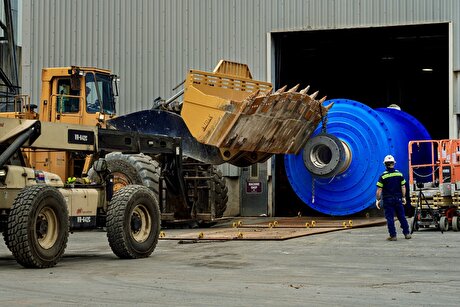
Canada’s Crystal Peak receives US approval for massive potash mine in Utah

The Department of the Interior’s decision also enables the Toronto-based miner to accelerate financing and off-take agreements.
While Crystal Peak still needs to secure some state permits and water rights, it said the it planned to begin work on site as soon as next year.
Potash is a critical ingredient in most fertilizer, and the US currently relies on imports to cover about 90% of its needs.
The Sevier Playa mine is expected to produce 372,000 tonnes a year of sulphate of potash (SOP), a premium grade fertilizer.
In June, the Trump administration announced a strategy to speed up permits for mining and prospecting in public lands for nearly three dozen “critical minerals”, including potash, aiming at strengthening national security and reducing the need for imports.
Over the 30-year life of the project, Sevier Playa is expected to produce 372,000 tonnes a year of sulphate of potash (SOP), a premium grade fertilizer.
According to the Utah Geological Survey, the state produced 491,000 tonnes of potash last year, worth about $240 million, and it remains the only domestic producer of
The project, located about 290 km (180 miles) southwest of Salt Lake City, is forecast to employ about 275 people during construction and 175 permanently afterward.
Crystal Peak foresees drilling up to 2,264 wells and cutting up to 492 km (306 miles) of trenches into the dried lakebed to collect brines that will be moved through a system of ponds, covering up to 18,000 acres.
The bulk of the lease covers federal land, but about 5% is on Utah state trust lands and an additional 4,000 federal acres are needed for utility rights of way.
The Canadian junior also expects to extract magnesium and sodium chloride, used for snow and ice melting as well as table salt, at the Sevier Playa site.


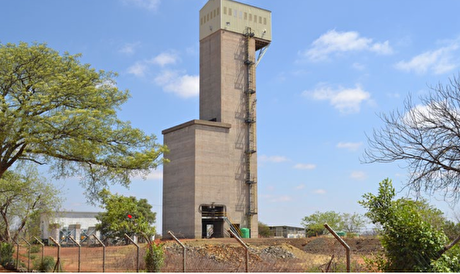
NexMetals receives EXIM letter for potential $150M loan
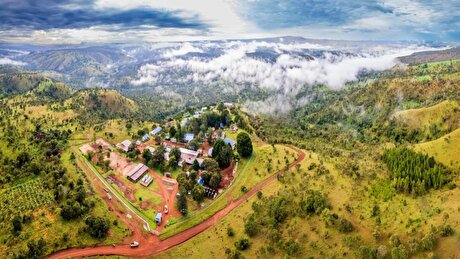
Lifezone Metals buys BHP’s stake in Kabanga, estimates $1.6B project value
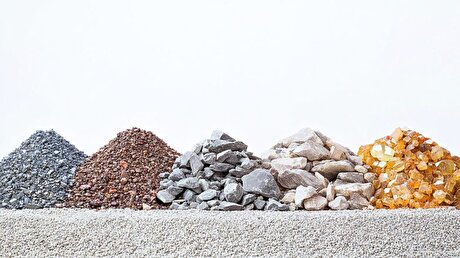
China quietly issues 2025 rare earth quotas
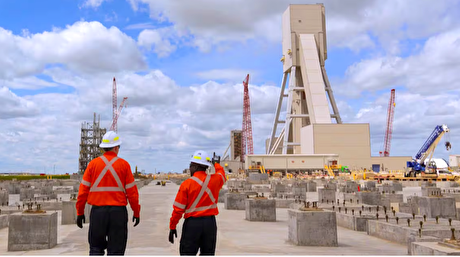
BHP delays Jansen potash mine, blows budget by 30%

Gold price eases after Trump downplays clash with Fed chair Powell
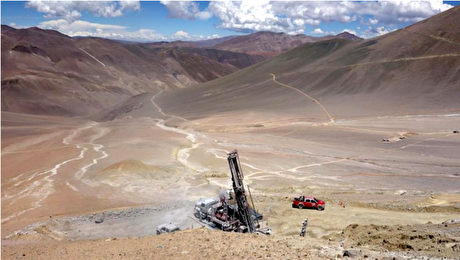
BHP, Lundin JV extends useful life of Argentina copper mine

Teck approves $2.4B expansion of Highland Valley Copper
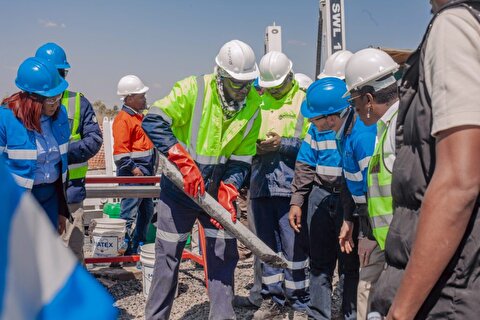
KoBold signs Congo deal to boost US mineral supply
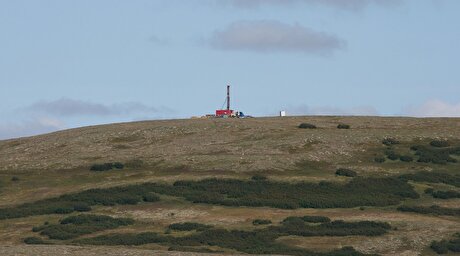
Northern Dynasty extends losses as it seeks court resolution on Pebble project veto

Gold price retreats to near 3-week low on US-EU trade deal
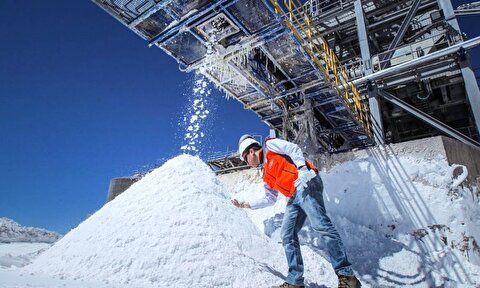
China’s lithium markets gripped by possible supply disruptions
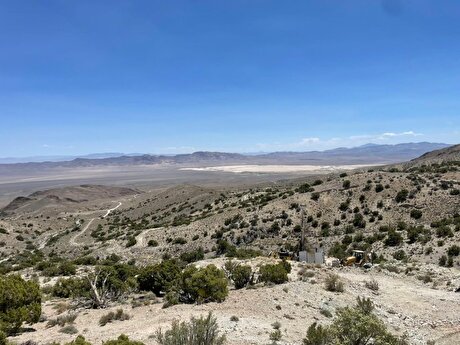
Pilot Mountain tungsten project in Nevada gets $6M from Department of Defense
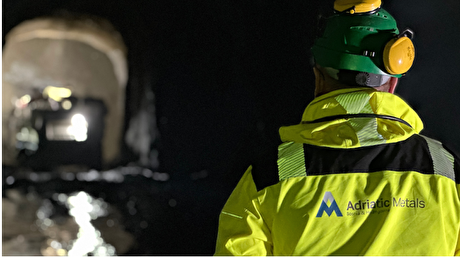
Adriatic boosts output but trims forecast ahead of Dundee deal
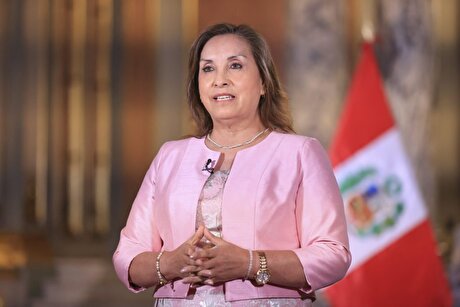
Peru mulls green light for $6 billion in mining projects
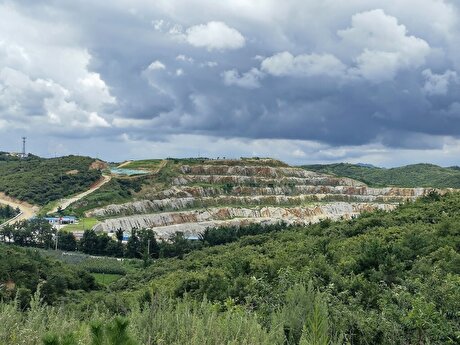
Majestic Gold halts Chinese mine following fatal accident
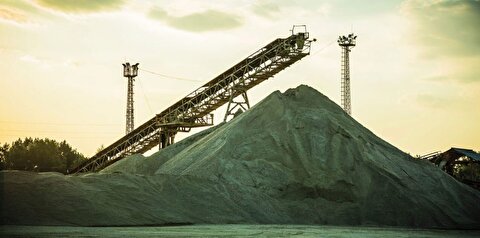
Energy Fuels’ rare earth JV in Australia receives regulatory OK
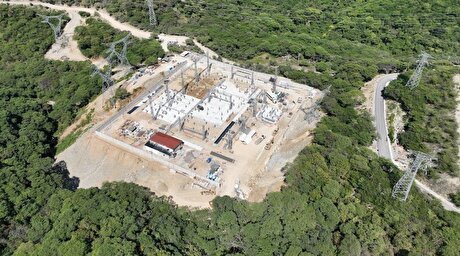
Torex Gold buys Prime Mining in $327M Mexico expansion
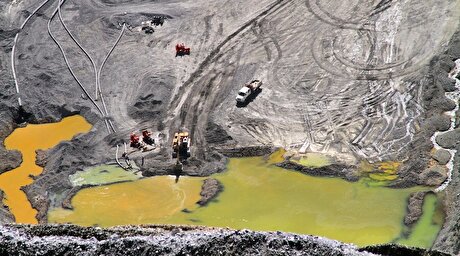
US targets mine waste to boost local critical minerals supply
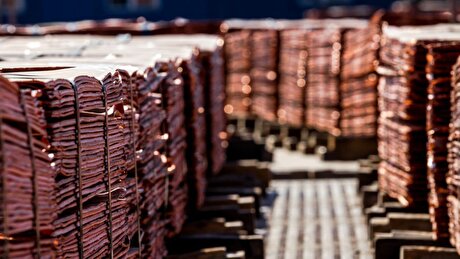
Copper price pulls back sharply ahead of US tariff deadline

Gold price retreats to near 3-week low on US-EU trade deal

China’s lithium markets gripped by possible supply disruptions

Pilot Mountain tungsten project in Nevada gets $6M from Department of Defense

Peru mulls green light for $6 billion in mining projects

Majestic Gold halts Chinese mine following fatal accident

Energy Fuels’ rare earth JV in Australia receives regulatory OK

Torex Gold buys Prime Mining in $327M Mexico expansion

US targets mine waste to boost local critical minerals supply

Copper price pulls back sharply ahead of US tariff deadline
